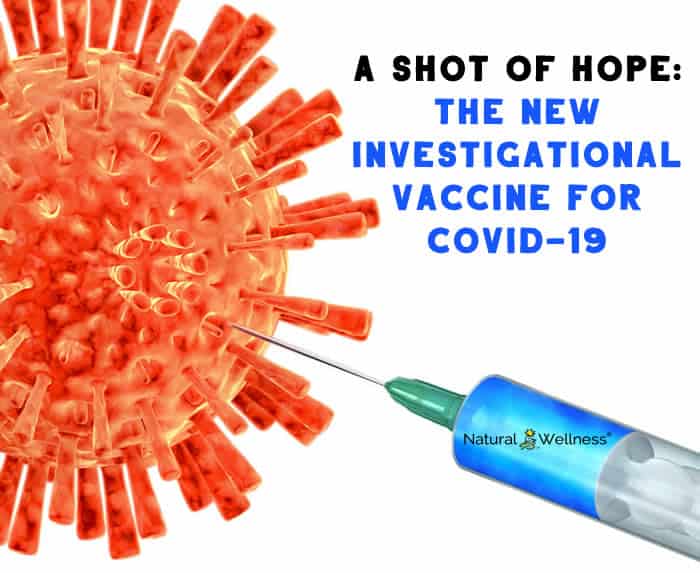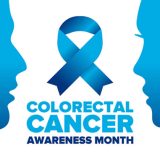

As of March 17, 2020, COVID-19 has infected 179,111 globally with 7,426 deaths – and is considered to be one of the most widespread respiratory illnesses in history (1).
On February 11, the World Health Organization named the respiratory virus SARS-CoV-2 and the syndrome it produced was called COVID-19 (2). COVID-19 is characterized by severe respiratory illness and significant mortality among high risk groups such as those over 60 and those with underlying chronic conditions such as asthma or diabetes.
There is no treatment, no cure, no vaccine. . .yet.
Aside from its high mortality, SARS-CoV-2 is highly transmissible, infecting 2.2 individuals for every infected person contacted with a mean incubation period of 5-8 days (2). Finding a vaccine for this virus is an urgent public health priority and is being funded accordingly.
When Will a Vaccine Be Ready Against SARS-CoV2?
A Phase 1 clinical trial began Monday, March 16 with the first patient receiving a test injection of the investigational vaccine that has been developed using a genetic platform called the mRNA (messenger RNA). The investigational vaccine directs the body’s cellular units to manufacture a virus protein that is anticipated to produce an immune response against the infectious viral protein, thus inactivating it.
There are currently 45 healthy volunteers aged 18-55 years that will participate in this new trial for approximately six weeks (3). The group was not screened for pre-existing coronavirus infection prior to selection for the study and no one over 55 (the high-risk group) is included in the study. Clearly there are some drawbacks, but it is a start.
Study participants will receive two doses of the vaccine in the upper arm approximately 28 days apart. Each study participant will get a 25 mcg, 100 mcg or 250 mcg dose at both vaccinations with 15 people in each dosing group. Safety reviews are being conducted throughout the trial. Visits for follow-ups will be scheduled between immunizations for a period of up to a year. Blood samples will be taken and analyzed for immune response.
It is estimated that even with the rapidity that this potential vaccine is moving, it will be 12-18 months before a vaccine will be ready for public distribution.
The rapidity of the development of this vaccine by scientists at the National Institute of Allergy and Infectious Disease Vaccine Research Center (VRC) and a biotech company called Moderna has been made possible by coordinating with previous studies of related coronaviruses such as severe acute respiratory syndrome (SARS) and Middle East respiratory syndrome (MERS), both zoonotic infections.
Coronaviruses are spherical and have spikes that target entry into the human cells. Moderna scientists are working on an investigational MERS vaccine targeting the spike, which provided a head start for developing a vaccine to protect against COVID-19. The virus for COVID-19 has similar spikes surrounding the shell that allow it to penetrate and enter the cell to infect it.
What Is a Phase I Trial?
One reason it takes vaccines so long to get to market is they must go through steps to assure safety and efficacy of the dosage and product being delivered. Phase I trials are designed to collect information on the dose, when and how often to take a drug, related problems and any potential side effects (4).
• Phase II tells the clinician more about the safety of a treatment and how well it works for a given problem.
• Often, Phase II is followed by a Phase III and Phase IV.
• Phase IV often occurs after a drug is on the market.
Approving a drug can be a timely process and the vaccine for COVID-19 is on the fast track.
Other Vaccines
The NIH Phase I clinical trial being conducted in Seattle is only one of at least a half-dozen other candidates, including live viruses, recombinant protein subunits and nucleic acids that may ultimately win the war against COVID-19. However, each vaccine will have to go through the various phases of study trials before being approved for use.
That is why flattening the infection curve is so vital; we need to buy time before the health care systems are broken by this pandemic to come up with a vaccine and, hopefully, treatments.
Conclusion
With the growing crises in our midst, an effective vaccine is looking like the best way out of this pandemic. Hope is on the horizon if we can just buy some time to get through the clinical trials to assure that the vaccine that we are giving will save lives.




